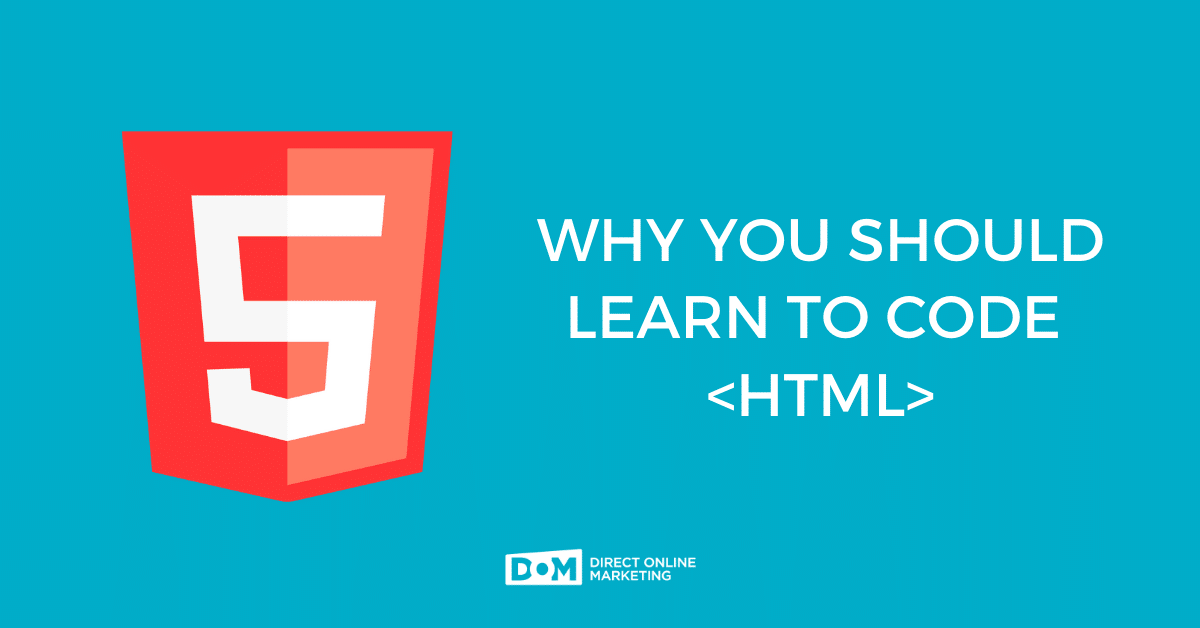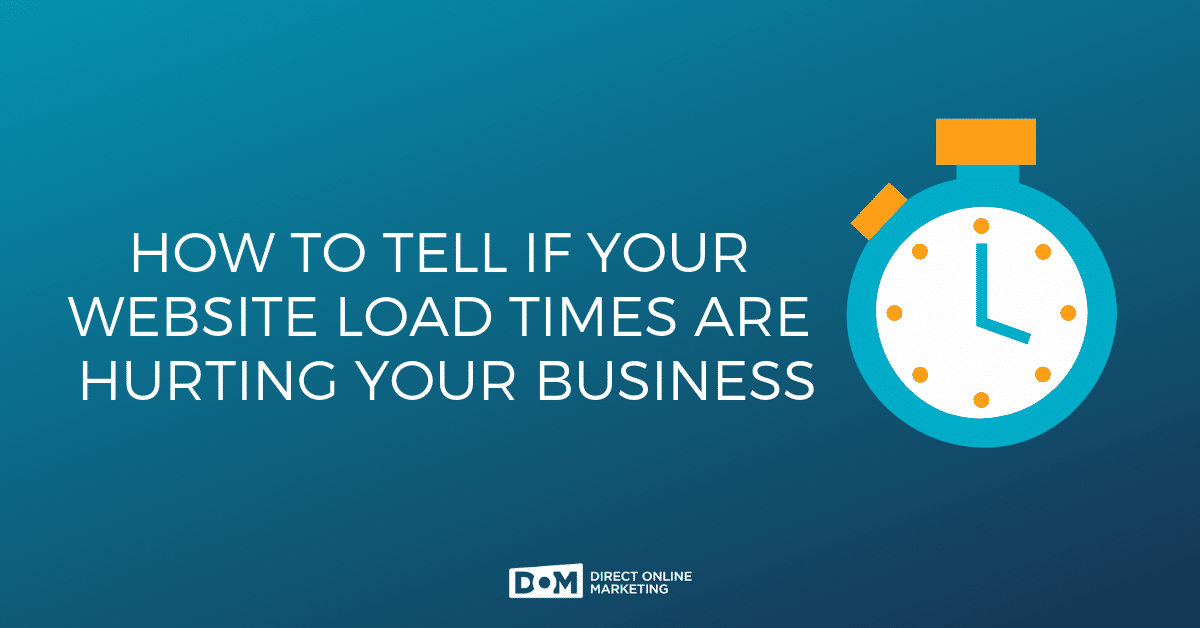
First, let’s get this out of the way right at the top: we’re not suggesting that you have to learn to code. Coding is great and useful and we’d be really up the creek without our beloved developers to help us in our efforts to make good content and create effective ads. While you don’t need to know how to program Python or Ruby, or control any snakes with any gems, all digital marketers will find immediate utility in learning a little bit about how to code our old friend HTML, the OG grandaddy of all web languages.
It’s Still Here and It’s Not Going Anywhere
A note about nomenclature, just so we don’t annoy our dev friends too much: HTML is technically a “markup language,” not a programming language. The main difference, in brutal simplicity, is that a markup language modifies existing content and tells the software reading it how to display it (in this case, your trusty web browser). Your garden-variety programming languages like the afore-mentioned Python and Ruby, work a bit differently—they consist of code written purely for a machine to interpret.
HTML was created around 1990 by Tim Berners-Lee, widely considered the “father” of the world wide web. The internet, the network of computers upon which the web runs, was already around, but Berners-Lee and others saw the benefit of a markup language that could use hypertext to convert regular text into an interconnected “web” of documents and other media that could use a predefined set of instructions that allowed users to navigate through rich, link-filled branches of documents.
While most web development takes place these days in other programming environments, web browsers are how we do most of our communication on the internet, and those browsers still rely on HTML to provide the backbone of the pages they display.
Don’t Sleep on CSS
HTML is robust and durable, but it doesn’t have much finesse. That’s where Cascading Style Sheets come in, using a lot of the same terms as HTML but dedicated specifically to how web pages are displayed. When we say to learn HTML, we also mean you should be learning a bit of CSS to go along with it.
CSS was created to keep the content separate from the design. You can swap out a CSS style profile on a website but maintain the integrity of what it’s displaying. That’s useful because while the important parts of your site (in our case, the content) can stay the same, you can change the design, or how it’s displayed, as much as you like without touching the text.
If You Know How Things Work, You Can Diagnose Problems
There’s a reason they say you should learn Latin if you want to go to medical school: knowing the underpinnings of the words and terms you use helps you understand how those words are constructed. And, therefore, you can hear a term that you might not know, but knowing the roots of how that word is created, you can deduce the meaning behind it.
This is true for content creators on the web, too. By knowing how things work, you can be a true internet diagnostician, using some fundamental knowledge to contemplate the bigger patterns.
It Will Help You Be Better at SEO
Yes, you can become better at SEO using HTML and CSS. Did you know that adding schema markup, like the FAQ functionality you find on some Google search results, can increase your click-through rate? From microdata to JSON, Google loves to see schema markups in the code of your website, because that improves the quality of their results. Those schemas are generated as HTML and CSS snippets that you can send to developers to slot into websites.
It Will Help You Be Better at PPC
While you usually think of markup languages and display styles as content, the other side of the house, our friends in the PPC world, can benefit from knowing a little HTML and CSS, too. After all, your ads are only as good as your measurements, and most of the methods we use to measure how ads are working (from UTM codes to Facebook Pixels) rely on a bit of HTML code. If you know how those codes are created, and how the parameters affect the variety of data you’re gathering, you can be better at digital ads.
For even more help with your websites, get in touch with us today!


